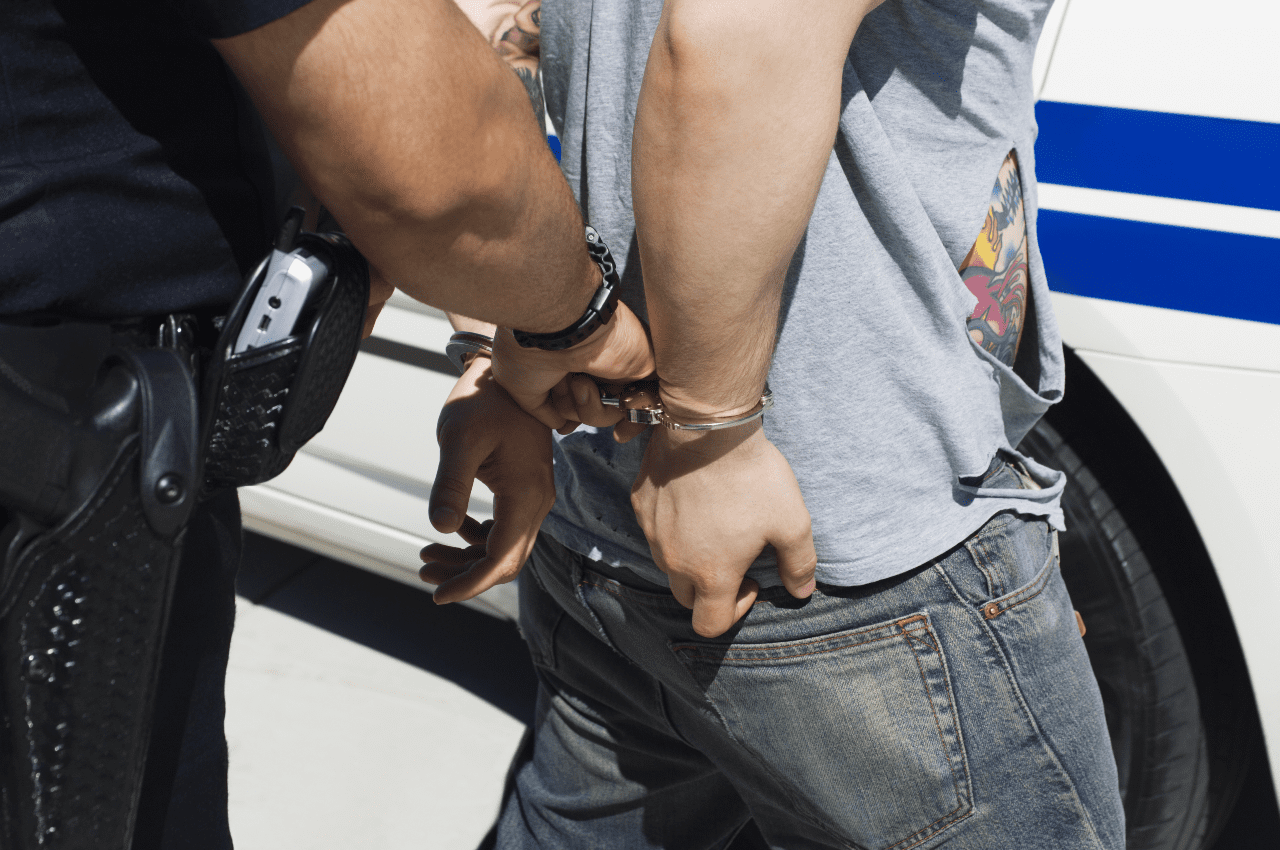What Happens When You’re Arrested for a Traffic Offense in Maryland?

At any given moment, you may find yourself pulled over on the side of the road with bright red lights and loud sirens coming from the squad car behind you. You could be traveling somewhere early in the morning or heading home later in the evening, but either way, you figure you may be in trouble. Suddenly, panic kicks in, and you’re wondering if you might receive a ticket or, worse, get arrested.
Any traffic arrest can feel terrifying, humiliating, and agonizingly stressful. Unfortunately, crimes of any severity are not going to be taken lightly by the responding officer. Whether you believe you’re innocent or not, how you present yourself and how you interact with a Maryland officer plays a significant role in how the situation is handled.
Step-by-Step Arrest Procedures in Maryland
If you’ve ever been involved with the police, even for something non-criminal, you know it can be a nerve-wracking and frustrating experience. The best way to reduce stress and anxiety in these situations is knowing what to expect and preparing accordingly. Despite the crime, the order and procedures of the arrest process are mostly identical. Learn about the arrest process for a traffic offense below.
The Arrest
Legally, an arrest occurs when an officer places a person in custody or detainment for the purpose of protection or control, typically because the person is in some way involved with a crime. Technically, arrests are finalized when a suspect loses their freedom to walk away from the officer. When an individual is in police custody, it is a constitutional requirement that the arresting officer read aloud their Miranda Rights before being interrogated. These are the five statements that must be clearly conveyed:
- You have the right to remain silent
- Anything you say can and will be used against you in a court of law
- You have the right to consult an attorney before speaking to the police and to have an attorney present during questioning now or in the future
- If you cannot afford an attorney, one will be appointed for you
- If you decide to answer questions now without an attorney present, you will still have the right to stop answering at any time until you talk to an attorney.
After handcuffing you but before placing you in the back of their car, an officer may lightly pat-down your clothing to find any weapons. Then, you will be transported to the county jail. Any illegal or hazardous possessions, as well as your vehicle, will be seized by law enforcement. Your remaining properties like your phone and wallet or purse will be held at the jail.
Booking Process
The next step is the booking process, which involves a series of measures to record, organize, and process your information into the jail’s database. This can be quite a lengthy process depending on how many others are being processed simultaneously and which of those take priority over others.
First and foremost, your name and the nature of your crime will be entered into their system. Next, you will be photographed and fingerprinted. Your clothes and additional property will be logged into the jail’s inventory system. Then, a guard or corrections officer will perform a comprehensive body scan to ensure nothing dangerous is being brought inside the jail. Finally, you’ll be asked several health-related questions to determine if you may be a threat to others. All these procedures are done to protect you, other inmates, and jail workers.
Arraignment/Bail Review
Once the booking process is complete, you should be given the opportunity to make a phone call before being placed in a jail cell. If you don’t have the number of an attorney handy, call someone you trust and tell them you need a lawyer fast. At this point, it’s a waiting game. You will either need to wait until bail is posted or until your arraignment is scheduled and the judge sets the bond. In either case, you will still be required to appear in court.
In the interim, the prosecutors overseeing your case will determine what charges they’ll file. Those decisions will be presented in court, and you will have to enter a plea under oath of guilty, not guilty, or no contest.
Call Hillel Traub after a Traffic Arrest in Maryland
Sometimes, when you least expect it, a simple traffic violation can turn into an arrest. Traffic offenses can range from mundane, such as running a stop sign, to severe, like a hit-and-run or suspended license. Whether mistakenly or not, you have rights and deserve quality and proper legal representation. The Law Office of Hillel Traub knows how to negotiate, litigate, advocate, and build a compelling case, and we are proud to be trusted and compassionate advisors for our clients.
Attorney Hillel Traub has more than 30 years of experience to apply to your case. Call (410) 580-1100 or complete our contact form for a free consultation.